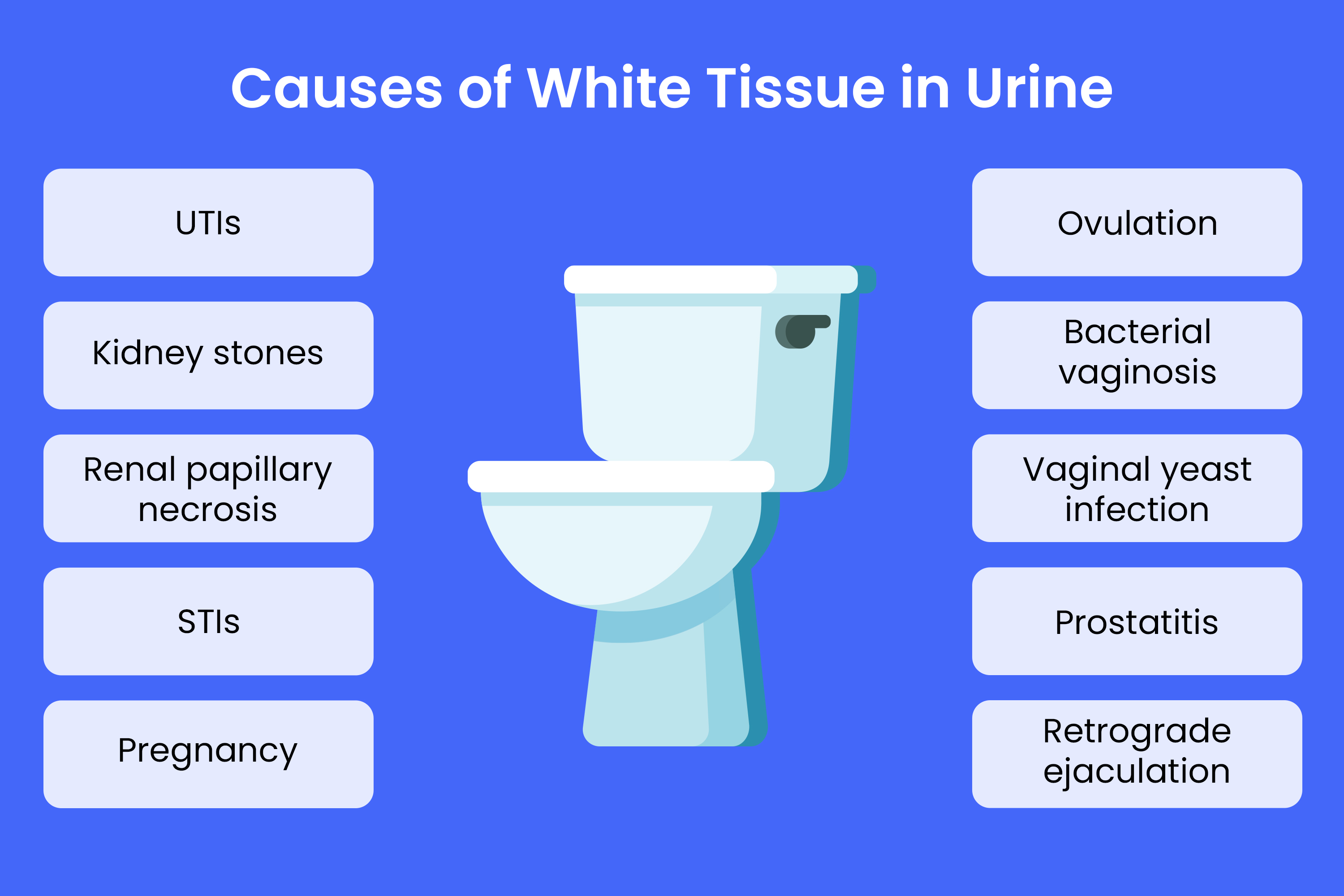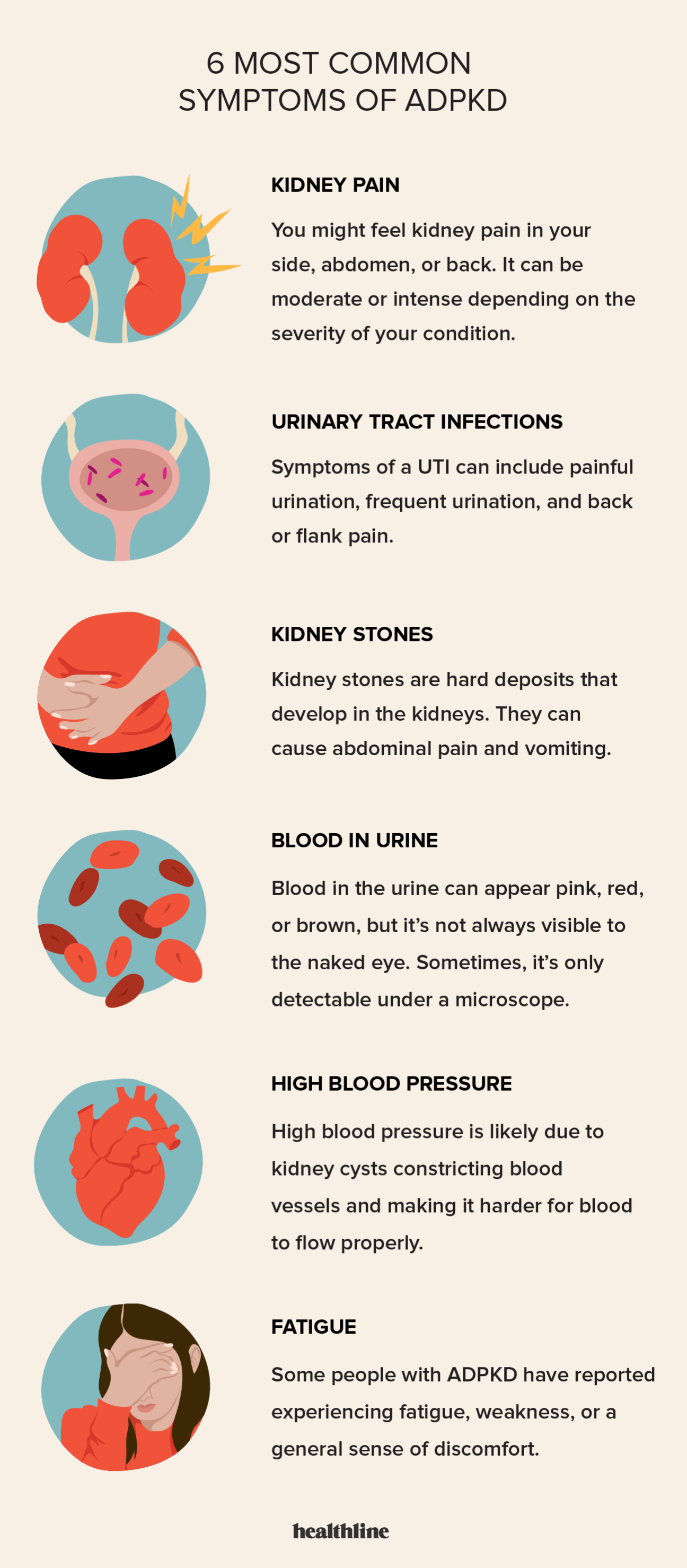Comprehending the Distinctions In Between Kidney Stones vs UTI: Key Symptoms and Treatments
Wiki Article
Recognizing the Trick Distinctions Between Kidney Stones and Urinary System Infections: An Extensive Overview for Individuals
Understanding the distinctions between kidney stones and urinary system system infections (UTIs) is essential for individuals that may be experiencing comparable signs and symptoms yet deal with significantly various wellness challenges. As we explore these essential facets, it ends up being clear that recognizing the special attributes of each condition can exceptionally influence individual end results.Introduction of Kidney Stones
The formation of kidney stones, a usually incapacitating and painful problem, highlights the essential significance of keeping kidney health and wellness. Kidney stones, additionally called renal calculi, are strong masses that create from crystals in the urine. These stones can differ in size from a grain of sand to a golf ball and can stay in any kind of component of the urinary system tract. The main kinds of kidney stones consist of calcium oxalate, calcium phosphate, uric acid, struvite, and cystine stones, each with distinct causes and risk elements.Numerous factors add to the development of kidney stones. Dehydration is a significant risk, as insufficient liquid consumption can result in concentrated urine, advertising crystal formation. Dietary practices, including high sodium and oxalate intake, can intensify the threat. In addition, metabolic conditions and specific clinical conditions might incline individuals to stone development.
Signs of kidney stones can consist of serious flank hematuria, nausea, and discomfort, which frequently motivate immediate medical assessment. Treatment options differ, varying from increased fluid consumption and nutritional alterations to medical treatments such as lithotripsy or surgical removal, relying on the size and location of the stones. Understanding these aspects is vital for effective prevention and administration.
Summary of Urinary System System Infections
Urinary system infections (UTIs) represent an usual yet substantial health and wellness worry, impacting numerous individuals yearly. These infections occur when microorganisms get in the urinary system, that includes the kidneys, ureters, bladder, and urethra. The bulk of UTIs are brought on by Escherichia coli, a kind of bacteria normally located in the gastrointestinal tract. While UTIs can influence anyone, they are especially prevalent in females as a result of physiological differences that help with bacterial access.The risk elements for establishing a UTI consist of sex-related activity, specific kinds of birth control, urinary system retention, and a history of previous infections. Straightforward UTIs are usually restricted to the bladder and are more usual in healthy people, while complex UTIs might involve the kidneys and happen in those with underlying health and wellness concerns.
Prompt medical diagnosis and therapy are important to avoid difficulties, such as recurrent infections or kidney damages (Kidney Stones vs UTI). Typically, UTIs are treated with prescription antibiotics, and precautionary measures can be utilized for those with frequent incidents
Usual Signs And Symptoms Comparison
Symptoms of urinary system tract infections and kidney stones can usually overlap, leading to confusion in medical diagnosis. Both problems can offer with discomfort in the reduced abdomen or back, but the nature and area of the discomfort commonly differ. In urinary system system infections (UTIs), clients commonly experience a burning feeling during urination, constant urges to urinate, and strong-smelling or over cast pee. In comparison, kidney stones have a tendency to trigger serious, sharp pain that emits from the back to the lower abdomen and groin, commonly described as colicky discomfort.Additionally, UTIs may be gone along with by fever and cools, particularly in extra severe instances, while kidney stones can lead to queasiness and vomiting due to intense pain. While discomfort throughout peeing is a hallmark of UTIs, kidney stones commonly present with more severe discomfort episodes, which might go and come.
Medical Diagnosis Approaches
How can healthcare professionals precisely separate between kidney stones and urinary tract infections? The diagnostic process begins with an extensive case history and a thorough evaluation of the client's symptoms. Medical professionals commonly perform a physical exam, which may disclose inflammation in the abdominal area or flank region, leading the diagnostic path.Laboratory examinations play a vital function in comparing these two problems. Kidney Stones vs UTI. A urinalysis can determine the presence of blood, crystals, or microorganisms, which are a measure of either condition. In cases of urinary tract infections, the urinalysis may show a considerable presence of white blood cells and nitrites, while kidney stones might offer with specific crystals
Imaging researches, such as stomach ultrasound or computed tomography (CT) checks, are important for imagining kidney stones. These imaging strategies allow healthcare service providers to assess stone size, area, and possible blockages in the urinary system. In contrast, urinary tract infections usually do not call for imaging unless difficulties are believed.
With each other, these diagnostic methods empower medical care experts to accurately detect and separate in between kidney stones and urinary system tract infections, guaranteeing that patients get suitable treatment and management.
Therapy Choices and Prevention
While both kidney stones and urinary tract infections (UTIs) require prompt therapy, their monitoring approaches vary substantially.The treatment for kidney stones often entails discomfort monitoring, hydration, and in some instances, medical treatments such as extracorporeal shock wave lithotripsy (ESWL) or ureteroscopy to damage or eliminate down stones. Patients are regularly advised to raise liquid intake to assist in stone passage and decrease recurrence. Dietary alterations might additionally be needed, depending on the stone kind.
In contrast, UTIs are mainly treated with antibiotics to remove Learn More Here the microbial infection. The specific antibiotic suggested depends upon the microorganisms recognized and regional resistance patterns. Additional steps, such as boosted liquid intake and urinary system analgesics, might help reduce signs.
Avoidance strategies vary as well; for kidney stones, preserving appropriate hydration and sticking to nutritional restrictions can be efficient. For UTIs, preventative approaches include appropriate health practices, peing after sexual intercourse, and perhaps prophylactic anti-biotics for persistent infections. Understanding these therapy and prevention techniques is important for effective monitoring and to lessen the risk of complications linked with both problems.
Verdict

Comprehending the differences between kidney stones and urinary tract infections (UTIs) is essential for Read Full Report clients that might be experiencing comparable signs and symptoms yet face significantly different wellness difficulties. The key kinds of kidney stones consist of calcium oxalate, calcium phosphate, uric acid, struvite, and cystine stones, each with distinct causes and risk elements.

Report this wiki page